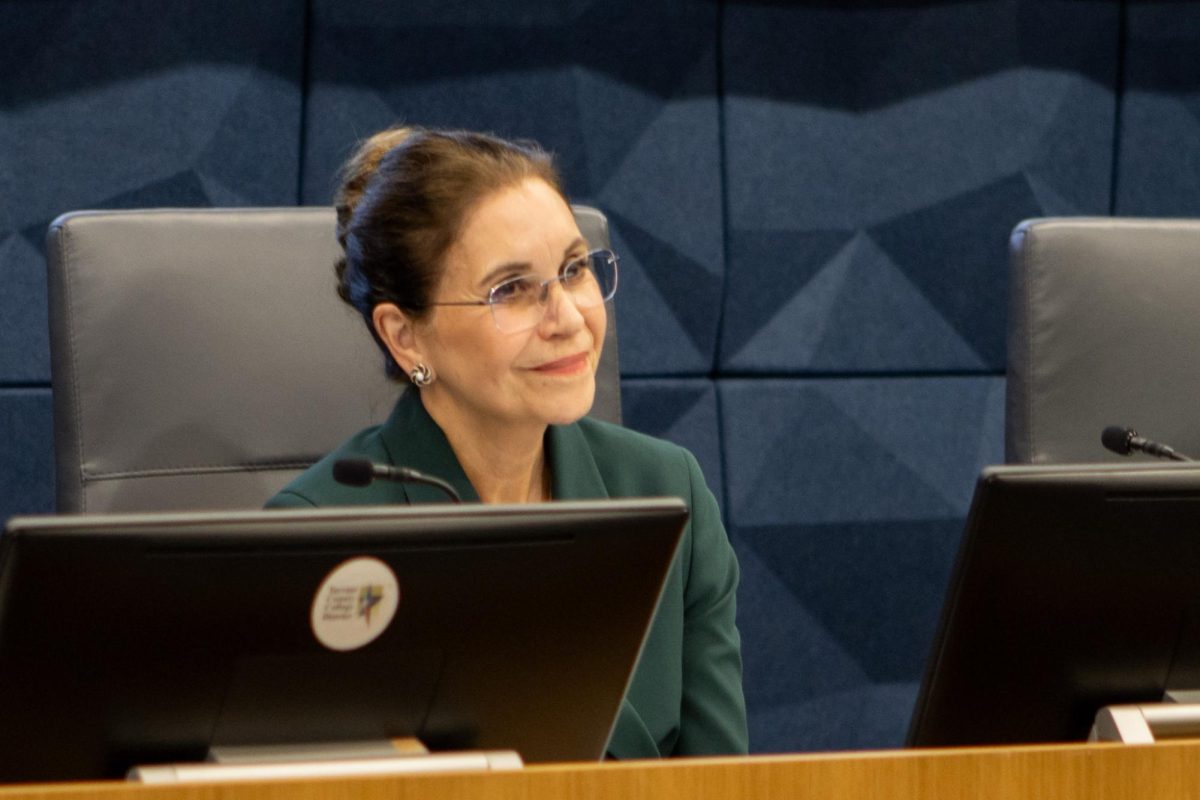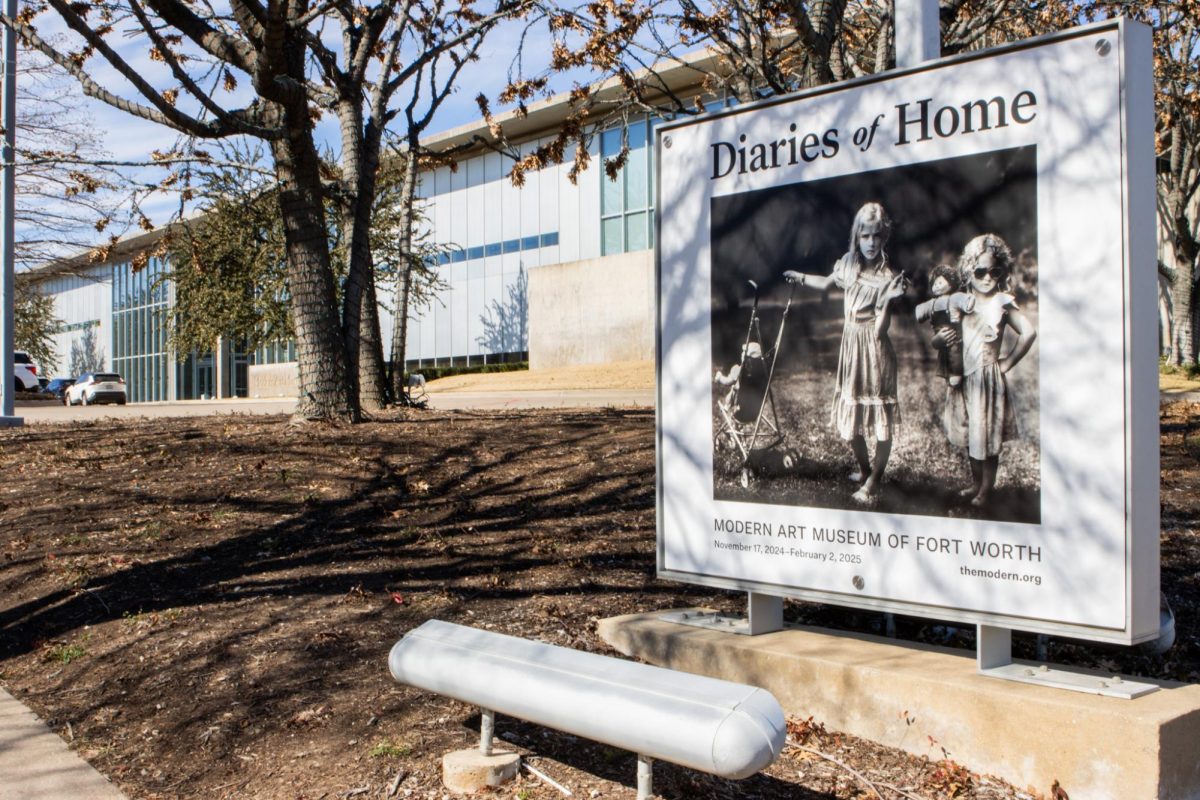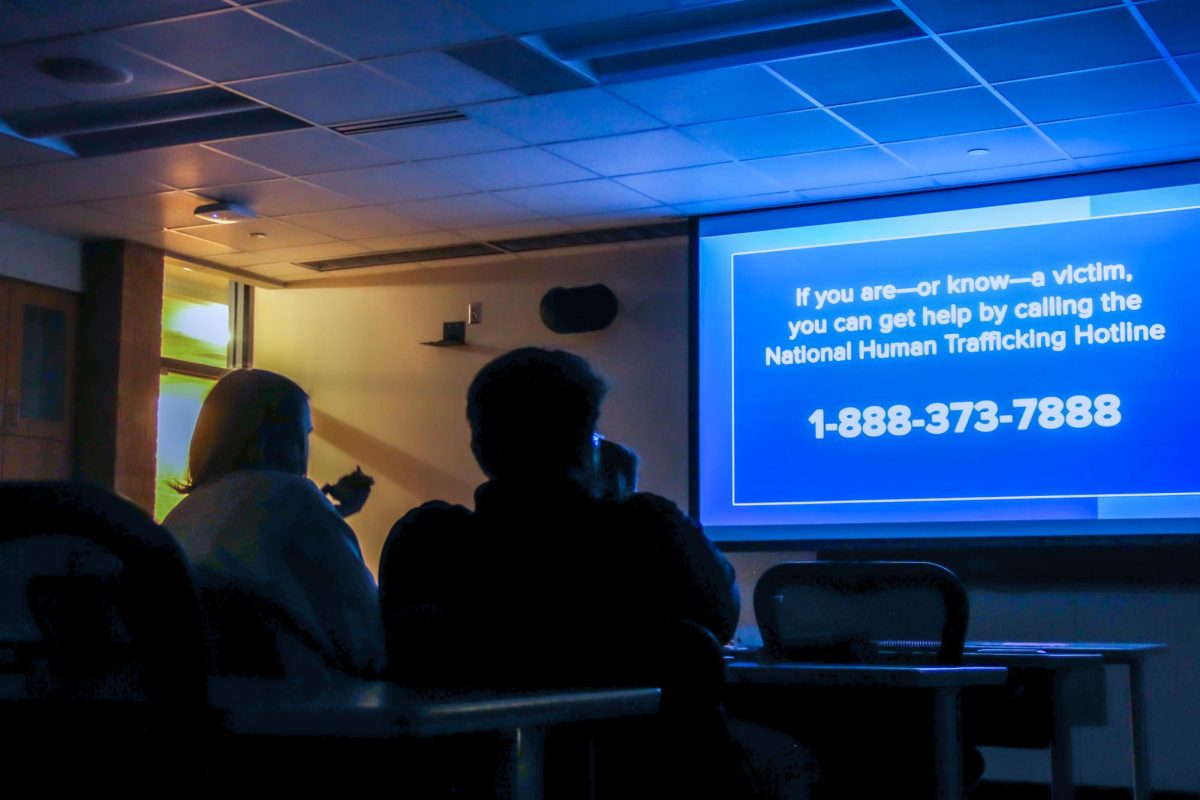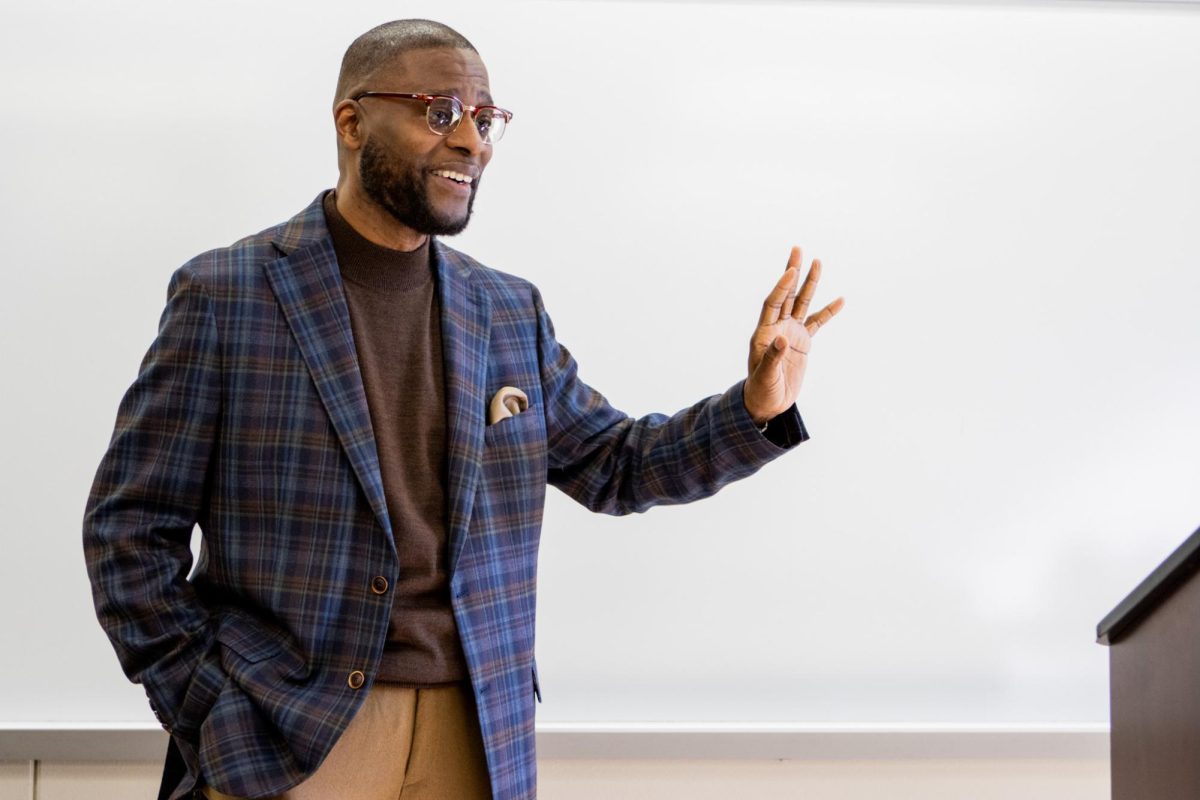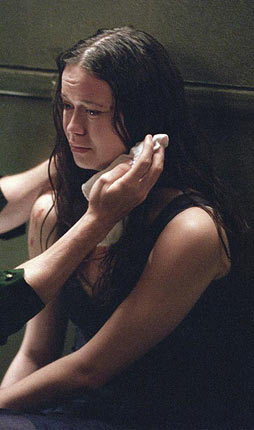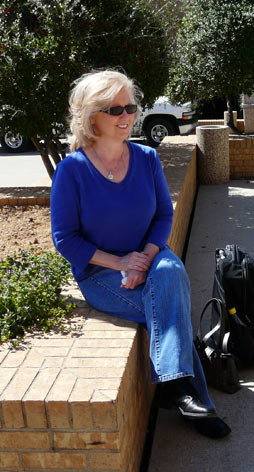By Ashton Billard/reporter
Partners should be open and communicate with one another about the type of sexual behavior they are ready for, a professional sex education expert said last week.
Jay Friedman, a self-described “sexpert,” presented The J-Spot: A Sex Educator Tells All on the UTA campus March 4.
“And if one or the other is not ready, that’s OK,” he said.
Friedman is an award-winning writer and speaker featured in a number of national publications. He is a former disc jockey and host of a radio talk show on relationships. For the past 15 years, he has traveled from campus to campus across the country to share his humorous insights about sex and relationships.
In American society, discussing sex is often considered to be taboo, Friedman said.
“Sex is fun to talk about, but it is academic, and it’s OK to laugh while talking about it,” he said.
Friedman said sex is an issue on the forefront of a college student’s mind.
“We have a natural desire to learn about sex, and, furthermore, we have a natural desire to enjoy sex,” he said. “Sex is good. It’s what we learn about sex that’s not so good.”
Friedman also said U.S. society is often misinformed about sex because America does not openly communicate about it other than projecting negative images regarding the consequences of unsafe sex. Rarely do young adults hear good messages about their sexuality. Instead, they hear about diseases, date rape, unwanted pregnancies and other dangers.
Friedman described his experience in high school seeing the “VD movie,” which described the effects of venereal diseases.
“It was a scare tactic approach to sex, to scare us from ever wanting to do it for the rest of our lives,” he said. “That doesn’t work. Instead, it leaves us ignorant and confused.”
Friedman said he believes that the current administration promotes this ignorant and unhealthy view of sex.
“AIDS is a crisis,” he said, “but sex does not equal death—sexual ignorance does.”
Friedman said the U.S. government needs to replace the abstinence-only teaching policy in public schools with knowledge about birth control and disease prevention methods. And parents need to let their kids know that talking about sex is not wrong. Friedman said this is partly why the U.S. has one of the highest teen pregnancy rates out of all of the developed countries in the world.
Friedman said developed countries in Europe have teen pregnancy, abortion, sexually transmitted disease and sexual assaults rates considerably lower than those in the U.S. because of their open communication and early comprehensive education about sex.
During the lecture, Friedman showed part of a sex education film made for middle school students in Scandinavia. The film featured an animated male and female who explained sex education explicitly.
Friedman said a vast difference in the views about sex and violence exist between the U.S. and Europe and even within the different regions within the States.
“Wherever you see a coast in the U.S., the attitudes about sex are more liberal, but if you move inland, the attitude becomes very conservative about sex,” he said.
Overall, Friedman said the U.S. holds very outdated views about sex, yet condones violence.
“Here, our kids watch violent scenes in movies all of the time, but if a breast is shown, parents immediately cover their children’s eyes,” he said. “It doesn’t make any sense.”
Friedman hopes his lectures will help to inspire those who hear him to elect leaders who will help change our country’s attitude about sex.
Friedman also touched on the different perspectives males and females have about sex.
According to Friedman, there are three pressures males face when they’re growing up that makes them think and act differently than females when it comes to sex.
There is “locker-room talk” referring to the conversations guys have about how they “scored” the previous night. There is homophobia, or the fear of being perceived as gay. Then there is the “blue balls” belief that guys would explode if not released after being aroused, Friedman said.
“If this were true, you would hear explosions all over this campus every single night,” he said.
Paul Walther, a mechanical engineering sophomore said, “It was very educational and made me take a new perspective on sex.”
The combined sex education and HIV/AIDS/STD awareness event was sponsored by the UTA School of Nursing.
In addition to the lecture, booths were set up with free information and handouts about sexually transmitted disease prevention. A number of gift certificates and two special red iPods that donate money for AIDS research were given out as door prizes.


